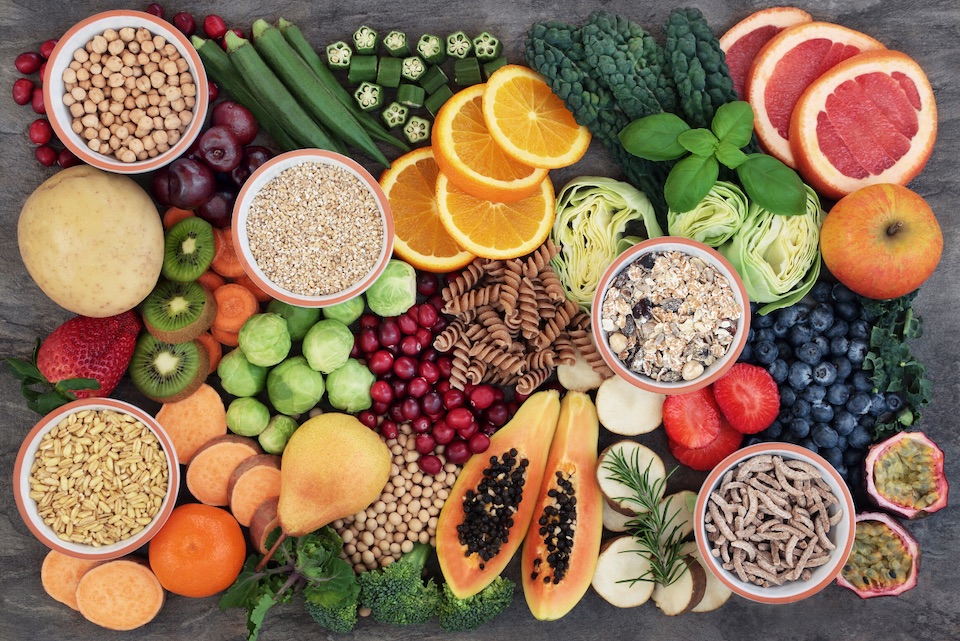“I can’t eat carbs at night”, “Fruit has too many carbs”, “Carbs make you gain weight” these are just a few of the many myths associated with carbohydrates. The negative perception of carbohydrates is abundant, but the truth is carbohydrates are the main source of fuel for the human body.
What exactly are carbohydrates?
Carbohydrates are the naturally occurring sugar, starches, and fiber found in grains, fruits, vegetables, and dairy. Once consumed, carbohydrates are digested and broken down into glucose to supply energy to all cells in the body. When the body has enough energy from glucose to function, it is stored as glycogen in the muscle or liver for energy during periods when you are not eating.1
Carbohydrates are essential components of the diet because some cells like red blood cells only produce energy from glucose.1 Additionally, the brain relies on glucose to produce energy and function.1 Without carbohydrates, the cells of the body may not get the energy it needs to perform to the best of its ability!
Are all carbohydrates created equal?
Carbohydrates are classified as simple and complex. Simple carbohydrates are broken down quickly by the body, hence the name “simple”. Simple carbohydrates are found in refined sugars such as white or table sugar.2 Complex carbohydrates are digested more slowly sending a steady stream of glucose into the body rather than a rush of glucose like simple carbohydrates.2 Complex carbohydrates are found in starchy vegetables and whole grains like bread, cereals, rice, and pasta.
Does this mean you should avoid simple carbohydrates? Does it mean they bad for you? No. And no. There is no such thing as “good” or “bad” food. Certain foods do contain more nutrients than others thus making them a more nutritious food source. However, this doesn’t mean you should automatically demonize the less nutritious food source.
All carbohydrates can fit into a well-balanced diet. For instance, fruit is technically classified as a simple carbohydrate, yet it is one of the most nutritious food sources. Fruits are rich in essential vitamins, minerals, and antioxidants which help protect our cells from damage.3 Dairy is another nutritious yet simple carbohydrate. Dairy is rich in calcium and vitamin D which is important in building and maintaining our bones.4
Complex carbohydrates like whole grains are rich in fiber which is important for bowel function and may help to lower the risk of heart disease.5 Fiber also helps to keep you full longer which may help with weight management.5 Whole grains are also rich in B vitamins which play a role in the release of energy from protein, fat, and carbohydrates.5
The takeaway
Carbohydrates are essential nutrients that provide you with the energy needed to perform your daily functions. Roughly half of your daily caloric can and should be met with carbohydrates. While there is no such thing as bad or good foods there are more nutrient-dense options. Aim to consume more whole grains, fresh and vegetables throughout the day. This will help to provide your body with the energy it needs to thrive!

